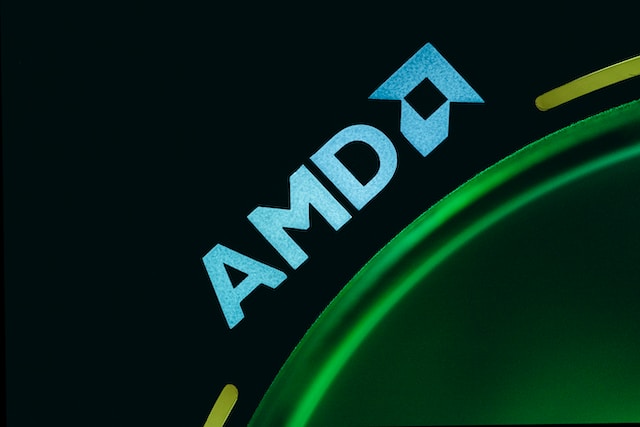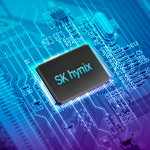Gamers participating in online shooters such as Counter-Strike 2 and Apex Legends were met with an unpleasant surprise last weekend when they discovered their game accounts had been banned for alleged hacking they hadn’t actually committed.
The real culprit behind these unwarranted bans was identified as AMD’s latest feature, Radeon Anti-Lag+, which is an integrated component of its Adrenalin driver and software package. This tool was mistakenly flagged by Valve’s Anti-Cheat system (VAC) among others. Following a public outcry, AMD has promptly released a patch to temporarily disable Anti-Lag+.
In a statement on Twitter Twexter X, AMD announced, “We have released the AMD Software: Adrenalin Edition 23.10.2 driver that disables Anti-Lag+ technology in all supported games, and we recommend gamers use the new driver.” Valve’s support team attributed the issue to Anti-Lag+ bypassing the game’s DLL files, which is a common method used for cheating in online multiplayer games.
Valve has assured that it will identify wrongly banned accounts and reinstate them once AMD releases the necessary update, which means that affected players should soon regain access to their accounts.
In the interim, AMD is actively collaborating with game developers to find a solution, and they are also working on reinstating users who were unjustly banned. However, there is still no clear timeline for when an updated and hopefully corrected version of the (impressive) Anti-Lag+ software will be made available.
This turn of events is disappointing, as Anti-Lag+ was specifically designed to reduce latency introduced by AMD’s new technology resembling DLSS 3, known as “Fluid Motion Frames,” which is a crucial component of FSR 3.
It’s worth noting that AMD has been facing various driver issues lately, with a recent Windows update causing the loss of user settings for many users.








